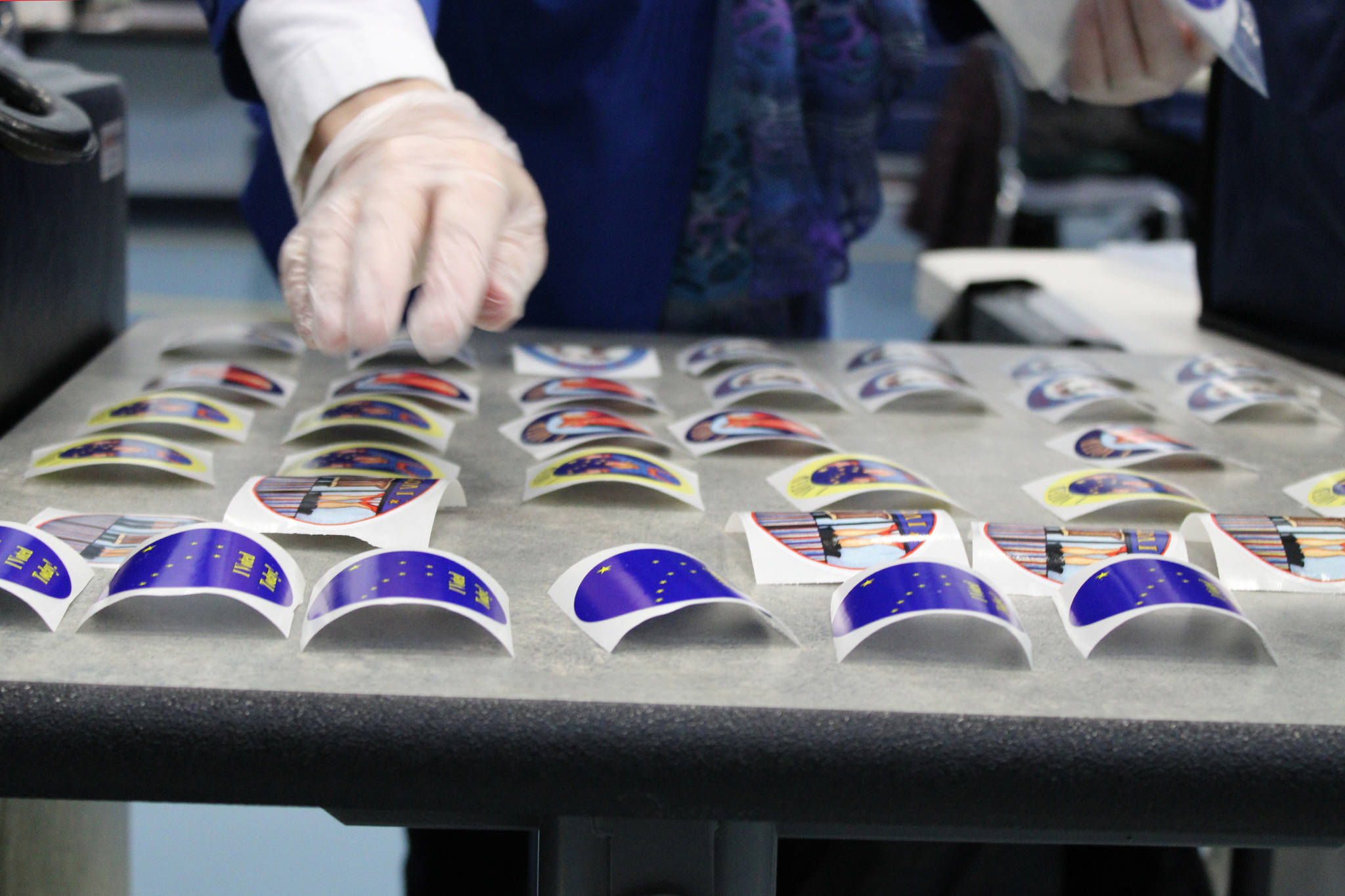By Keith B. Levy
Americans voted in record numbers in the 2020 presidential election. Nearly two-thirds of eligible voters cast a ballot, according to the Pew Research Center. Most of us see this display of participatory democracy as a good thing. And yet, a substantial number of Republican state legislators are responding by increasing efforts to suppress votes, most often the votes of people of color. The For the People Act, H.R. 1, would protect voting rights of all Americans. Recent polling shows that 67 percent of voters, including a majority of Republicans, support its passage. Even so, it is widely anticipated that a minority of Republicans in the U.S. Senate will use the filibuster to kill the bill.
The Brennan Center for Justice reports that, as of mid-February 2021, 253 bills that would limit access to the ballot are pending in 43 states, including Alaska. These proposals primarily seek to do several things — No. 1, limit mail voting access; No. 2, impose stricter voter identification requirements; No. 3, slash voter registration opportunities; and No.4, enable more aggressive voter roll purges. Many of these measures would roll back procedures that made it easier to vote in 2020 during the pandemic. Pandemic or no, increasing voter turnout is good for representative democracy.
Supporters of voter suppression legislation rely on the false claim that it is necessary to prevent election fraud. But after more than 60 failed lawsuits and numerous recounts and election audits, there is no evidence of widespread voter fraud that would have changed the result of any election in 2020.
The argument that making it more difficult to vote is necessary to prevent fraud is belied by the fact that most these measures have no connection to actual evidence of voter fraud. Ten states, including Alaska, are considering legislation to eliminate automatic voter registration. Nearly half the voter suppression bills would limit voting by mail. Eighteen states are considering imposition of stricter voter identification requirements. Yet in the tumult following the 2020 election, no evidence of fraud was produced to support the claim that any of these stricter requirements are necessary.
Separate from the fraud argument, Sen. Dan Sullivan, R-Alaska, opposes the For the People Act in part because it “would federalize the election process, upending our longstanding rules allowing states to decide the methods through which they choose their own representatives.” But the question is, to what extent may a state suppress ballot access before the federal government should step in? And the question becomes more urgent when voter suppression falls to a greater degree on people of color. The federal Voting Rights Act of 1965 was passed more than 55 years ago to prevent states from denying access to the ballot on the basis of race. Before its enactment, states routinely adopted measures that denied ballot access to people of color. Common tactics that were outlawed under the Voting Rights act included the imposition of poll taxes and literacy tests. The tactics being used today are different, but have the same discriminatory effect.
States should be able to decide the methods through which they will choose their representatives. But no one has the right to disenfranchise any voter, particularly on the basis of race. All of us should be doing everything possible to make it easier for all eligible voters to cast a ballot, not more difficult. The For the People Act would do just that. Please contact your senator urging passage of the For the People Act.
• Keith B. Levy is a Juneau resident and a retired Alaska District Court Judge.

